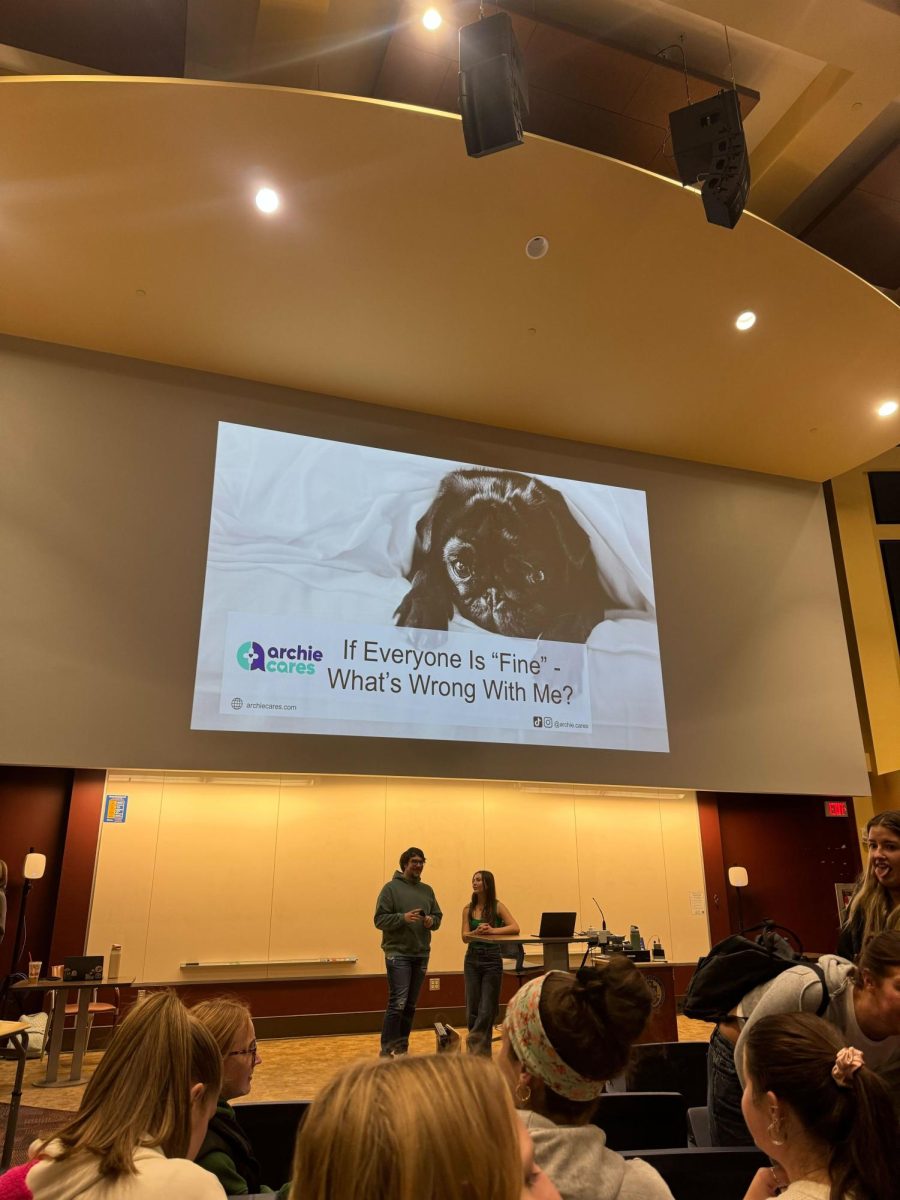Obama, Facebook spark hope for future
February 8, 2007
Many college students consider Facebook to be one of the greatest innovations of the last… Many college students consider Facebook to be one of the greatest innovations of the last few years, and some spend hours a week reading mini-feeds or searching for long-lost friends. That we can find nothing more productive to do with our time makes us seem very superficial and shallow.
However, Facebook now appears to have more information to offer than our favorite movies or funny pictures of our friends. It is broadening the political spectrum for many college students and creating an arena where young Americans will want to be involved in politics. In the 2006 midterm elections, we first saw political campaigns begin to use Facebook. The site allowed users to include a section on their profile with the candidates that they had chosen to support. In addition, many groups were created in support of a particular candidate. In the age of Internet domination, it seems only obvious Facebook and its users will play a greater role in the 2008 election.
For decades, the untapped resource of the American electorate has been the 18- to 24-year-old voting block, which is precisely the Facebook target demographic. The United States Census Bureau reported that in the 2004 election, only 58 percent of 18- to 24-year-olds were registered to vote. In addition, of that 58 percent, only 47 percent bothered to actually vote in the election.
Democratic presidential candidate Sen. Barack Obama, D-Ill., is out front in the race to capture this untouchable voting block. With little more than a year until the early primaries, Obama has embraced Facebook and the support it generates. The Senator attended a rally earlier this month at George Mason University, where he spoke to several thousand college students. The event was organized almost entirely through student coordination on Facebook.
The Facebook group “Barack Obama for President in 2008” was created last summer and now has over 50,000 members; a second group created earlier this year, “One Million Strong for Barack,” already has over 200,000 members. This political manifestation on Facebook seems to be the beginning of young voters actively participating in politics and the next election.
At the George Mason event, Obama said, “You guys don’t have much of a memory of the possibility of a politics that transcends and brings people together. [At] each and every juncture of our history, somebody has been audacious enough to say, ‘We could do better.’ . . . And more often than not, it’s young people who’ve done it.”
Obama is a refreshing voice for our generation, and when he speaks, college students are listening, and conversely he wants to listen to us.
It is not reasonable to think that Obama or any candidate will be elected solely as a result of a social networking site, but the Facebook support for Obama represents our generation’s snowballing interest. We are stepping to the forefront of American politics to announce that we do care; we just want something – or rather someone – real to care about.
Young Americans do not want to choose between the lesser of who cares about specific issues in an election. We are optimistic, and we want to be excited by a candidate. We want to believe that the evils of today will not haunt tomorrow. We want to write our own history, and perhaps Obama is our page turner.
I have yet to witness a president in my lifetime that did what presidents like Franklin Roosevelt did for our grandparents; I have never felt anything like the impact Kennedy had on our parents; they watched his inaugural address and listened as he demanded of them “Ask not what your country can do for you, ask what you can do for your country.” We have never had that. I don’t know that we ever will, but I think that we are ready.
Perhaps, it was all a fantasy with Kennedy. Maybe he was simply a charmer and was as corrupt as all the other politicians. But Americans believed and trusted him. And I wouldn’t be an idealist if I thought that all politicians had simply perfected the game.
As silly as it may seem, Facebook is a major factor in the “Generation Y” surge in political interest, because we all want to find what has never been there for us. Obama could be our Kennedy, our moment in history, and he is clearly willing to embrace that role for our generation.
Does Obama have what it takes? E-mail Kim at kns12@pitt.edu


